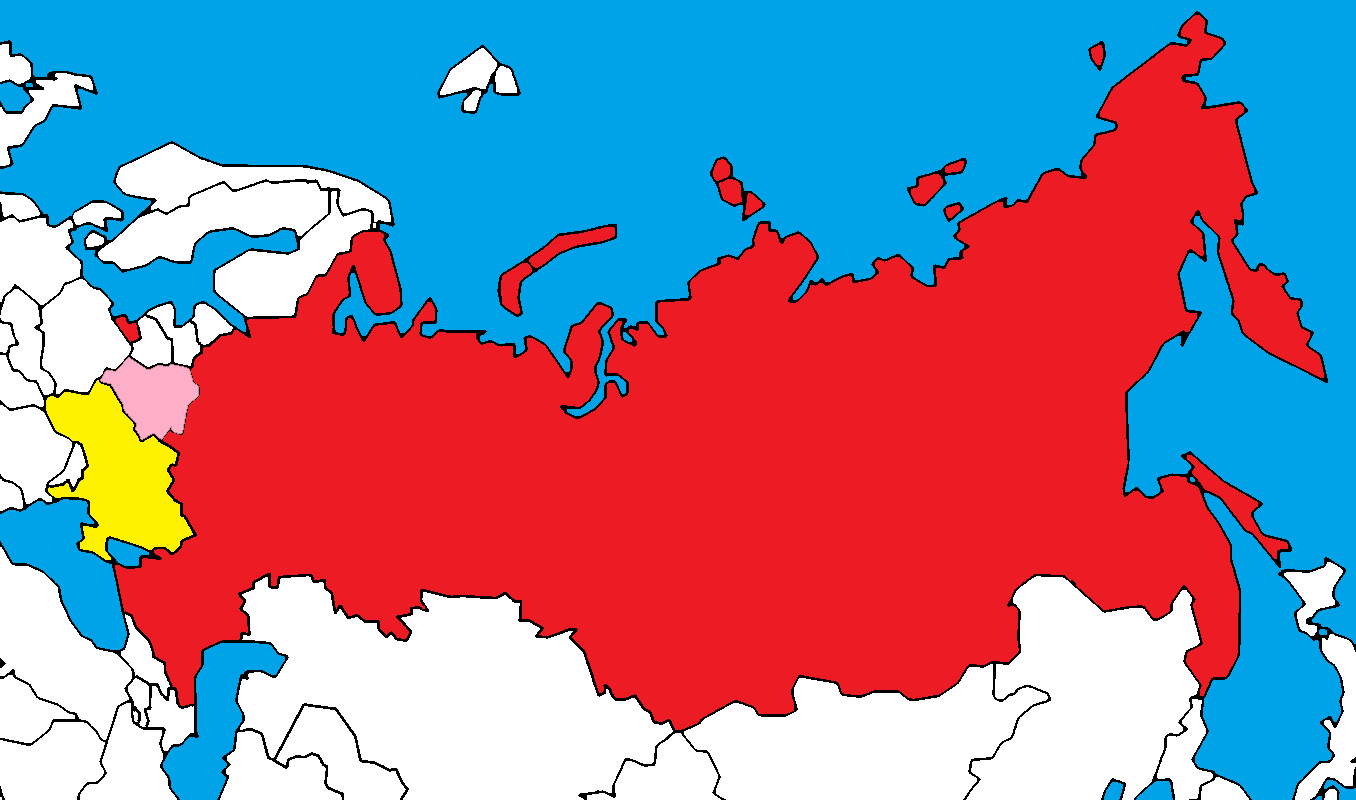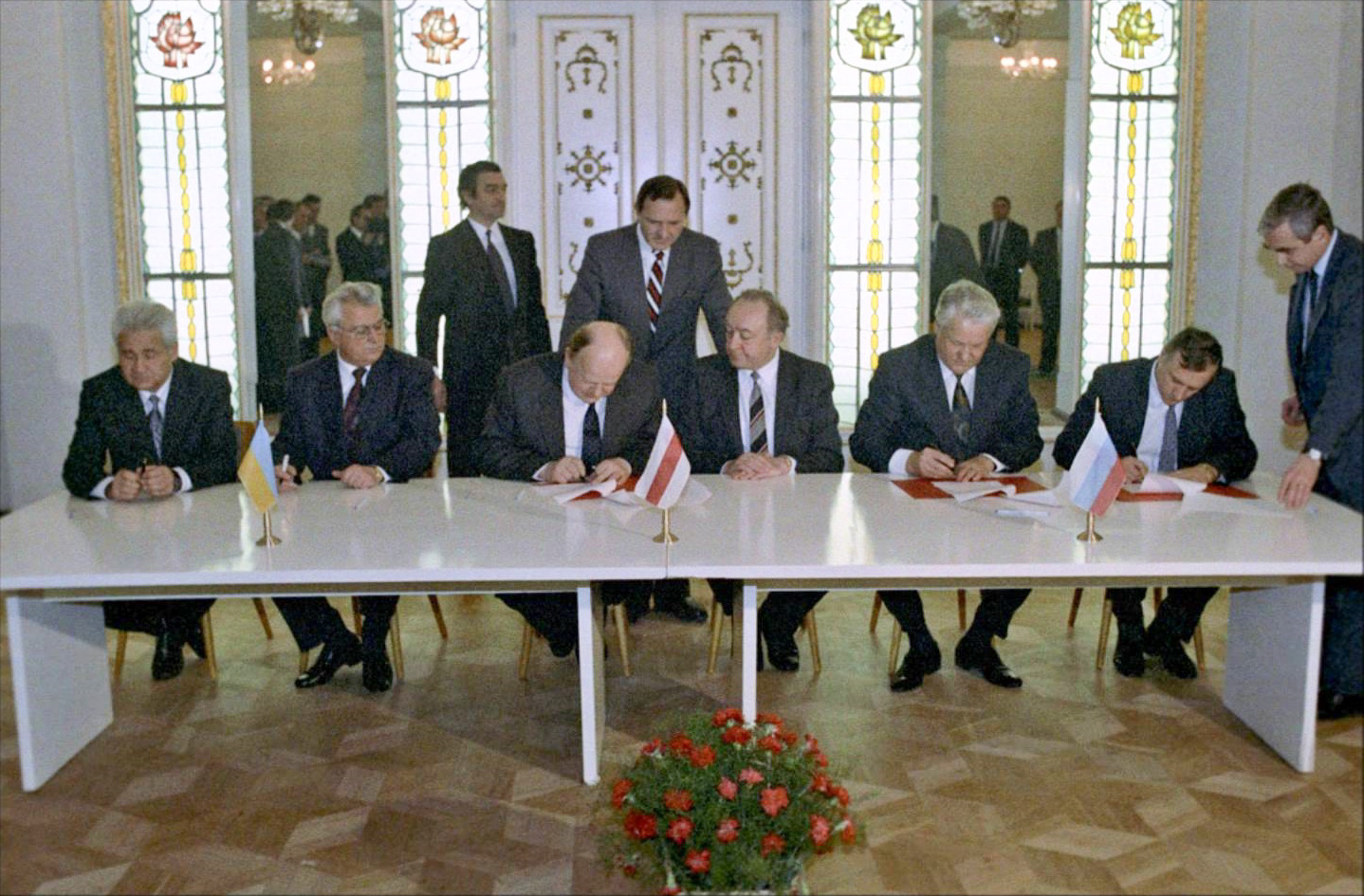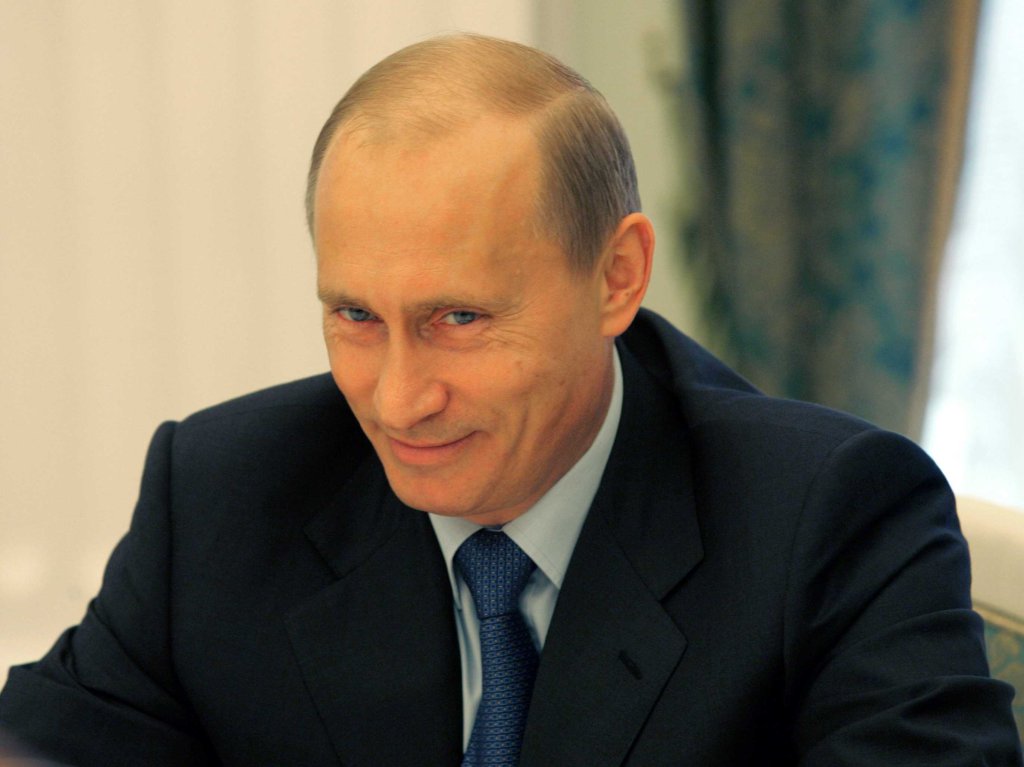Paul Goble, originally on Window on Eurasia
 Staunton, May 15 – Russian commentators have talked openly about dividing up Ukraine and Moldova in order to support ethnic Russian communities there and weaken these two countries, but now one Moscow writer has taken such ideas further and called for the dividing up of Romania in support of Russian national interests in the Balkans.
Staunton, May 15 – Russian commentators have talked openly about dividing up Ukraine and Moldova in order to support ethnic Russian communities there and weaken these two countries, but now one Moscow writer has taken such ideas further and called for the dividing up of Romania in support of Russian national interests in the Balkans.
In a commentary on APN.ru, Dmitry Rodionov says that the annexation of Crimea and the crisis in Ukraine have refocused attention on the possibilities of joining Transdniestria, the breakaway region in Moldova, to the Russian Federation, something he says that must be “decide in parallel with ‘the Ukrainian question’”.
If Vladimir Putin’s project for Novorossiya is realized – and Rodionov says it really doesn’t matter whether it becomes part of Russia or remains “an allied independent state” – the issue of the future of Transdniestria solves itself because Russia and that region will have a common border.
But if Kyiv is able to suppress the south east, Rodionov continues, “there will arise a wall” between Russia and Transdniestria” in the form of a hostile state, the actions of which will exclude any possibility of reunification.”
The Moscow commentator says that the Transdniestria “question” has existed since the collapse of the USSR, but it and “the Moldovan question” have become more important in recent months, sharpening what he says are two very different sets of opinion in the Russian capital as to how Moscow should proceed.
According to the first of these positions, Transdniestria is “our ‘Western advance post’ which must never be surrendered … According to this logic, the departure of Moldova into the European Union, whether on its own or as part of Romania, will finally free Transdniestria and create the basis for its recognition.” Those who hold this view argue that it will be better if Moldova in that case becomes part of Romania.
According to the second view, Russia needs “all of Moldova” as its “advance post” in the West and must ensure that it is an ally of Russia and a participant in Eurasian integration. If Moldova takes that course, then Moscow will have to sacrifice the prospects for the independence of Transdniestria.
Debate between those holding these views has continued for 3 years, and neither side has won out or defined Russian foreign policy in the region in a consistent way. But with Chisinau edging toward Europe, those who favor the dismemberment of Moldova appear to be getting the better part of the argument.
“What should Russia do?” he asks. Should it continue to focus on Transdniestria (“of course after the solution of ‘the Ukrainian question’”) or should it continue to hold out for all o Moldova, justly calculating that ‘the terrors of Euro-integration’ in the near future will bring to a change of regime in Chisinau and an inevitable change of course?”
Regardless of which course Moscow chooses, Rodionov continues, it is highly unlikely that Romania will dispense with its territorial claims on Moldova, and consequently, Moscow needs to think about what to do with that country, never part of the Soviet Union but part of the Soviet bloc.
There is a useful historical precedent: Russia’s interest in the 18th century to create Dacia as “a unified buffer state” between Russia and the Ottoman Empire. Some progress was made in that direction but “after the defeat of Russia in the Crimean war, the Danubian provinces become dependencies of the West which in fact realized their unification.”
Subsequent events led to “the parallel formation of to political communities – Moldavia (within the Russian Empire and then the USSR) and Romania, two nations and even two languages,” Rodionov says. After the end of the USSR, some Romanians demanded that Moldova be united with Romania.
But “despite the defeat of Russia in the cold war and it would seem the untying of Romania’s hands, no one decided to violate ‘the status quo’ which had existed from the times of the USSR.” At the same time, however, there has arisen in Romania a group of people who define themselves as Moldovans and view Romania as “an artificial unity.”
Rodionov concludes by noting that it is “now fashionable” to engage in all sort of “political futurology” and to engage in fantasies on geopolitical themes. But as events in Ukraine have shown, “one can expect the most improbable geopolitical outcomes –after all, who even a few months ago could have imagined that Crimea would become part of Russia?”
Given the speed of events, he asks, “why shouldn’t Russia return” to the ideas of three centuries ago and push for the creation of Dacia as a buffer state, especially since Türkiye, while weaker on its own, is in fact an advance post of the West?
“At one time, the West cut out Romania as a buffer between itself and Russia. We also need a buffer in this very same place, and we raised this idea even earlier than did the West. Is it not time to repartition Romania? Again, of course, after the repartition of Ukraine?”
http://windowoneurasia2.blogspot.com/2014/05/window-on-eurasia-russian-analyst-calls.html





